Environmental pollution in Cairo is undeniably a problem. Although Egypt is beginning to tap into its enormous potential for renewable energy – projects have now begun to build the Middle East’s largest wind farm and the world’s largest solar park – waste disposal is hugely inadequate, and water pollution is a significant issue for many communities.
In addition, the level of noise generated by the city is such that it negatively impacts the lives of its inhabitants. It is Cairo’s air pollution, however, that is at the most critical level, with an estimated 43,000 Egyptians dying from diseases related to air pollution in 2012.
Yet, with elections soon to be underway and a host of socio-economic difficulties, to many of the city’s inhabitants environmental pollution just does not make it high enough on the list of problems to be addressed. Indeed, air pollution itself seems somewhat elusive and beyond our control. The good news is, however, that its effects on our health can be counteracted somewhat, with some small, simple changes.

According to the WHO, air pollution is one of the largest causes of death worldwide. Every year it claims 6.5 million lives and is a major cause of common diseases such as lung cancer, stroke, heart disease, and COPD. Cairo’s notorious traffic, the abundance of old cars without pollution measures, and the high-rise buildings and narrow streets that trap poisonous air close to the ground have all contributed to the city consistently ranking as one of the world’s most polluted cities. However, the city’s topography and climate make the situation worse. Lying in a valley that is surrounded by hills, polluted air collects in the city, while autumn temperature inversions trap the stagnant air, with little opportunity for cleansing from rainstorms due to the dry climate. Cairo also contends with the Saharan dust, and the infamous black cloud that descends every year as farmers burn leftover rice husks at the end of the season.
In addition to ambient (outdoor) air pollution, nearly half the world cooks with polluting fuels and stoves, turning many homes into a death trap. Outdoor air pollution can also make its way into the home, and if it is not properly ventilated, pollution levels can soar higher than that outside.
Tackling air pollution will undoubtedly require a strong response from the government, but as an individual city-dweller, there are some things you can do to reduce the impact of toxic air on your health:
1- Invest in an air purifier for your home.
If this is not within your budget, buy some plants. NASA scientists have found plants to be very useful in absorbing harmful gases and cleaning the air inside homes. The Areca Palm, Rubber Plant, Dracaena, Dwarf Date Palm, and Peace Lily are all listed as being in the top ten plants for removing formaldehye, benzene, and carbon monoxide from the air. Dr B.C. Wolverton, who has worked as a NASA research scientist for over 20 years, published his findings in his book, How To Grow Fresh Air: 50 House Plants that Purify Your Home or Office.

2- Download the Plume Air Report app
This free app provides information about the air quality of your city, gives activity recommendations, and provides forecasts. This will allow you to plan your time accordingly – it is a good idea, for example, to time your visits to the gym so that you avoid exposure to the worst of the pollution on that day, as you will be more receptive to toxins due to breathing more deeply through the mouth during exercise.
3- Ventilation is Essential
Regularly ventilate your home by opening windows and doors – though not during a particularly poisonous period of pollution. Indoor smoke can be 100 times higher than acceptable levels for fine particles in poorly ventilated dwellings
4- Skin Care Routine
For your skin, invest in a good quality (preferably organic) facial moisturiser. Both ambient and indoor air pollution can have a particularly unpleasant effect on the skin, causing dryness, premature aging, skin rashes, eczema, and acne. Products that detoxify, combat dryness, and provide a barrier between the skin and environmental pollutants (thicker, oilier products) are best. Black Lotus is an all-natural Egyptian brand that makes incredible products using essential oils. Bio Shop in Zamalek sells a range of these products, alongside other natural skincare delights including mud masks and body creams.
5- Stock up on supplements
Stock up on supplements. Garlic is a well-known antioxidant that helps fight free radicals in the body, and contains a large amount of Vitamin C which helps boost immunity. High potency garlic can be bought in capsules – but do not go for the odourless type, as it reportedly has fewer health benefits. Dandelion flower or root and nettle leaf can be drunk as a tea to help cleanse the body of toxic substances and reduce inflammation. Imtenan sells a wide range of health products, and other specialist supplements can be ordered from online shops. Always be aware of side effects and contraindications when using supplements.
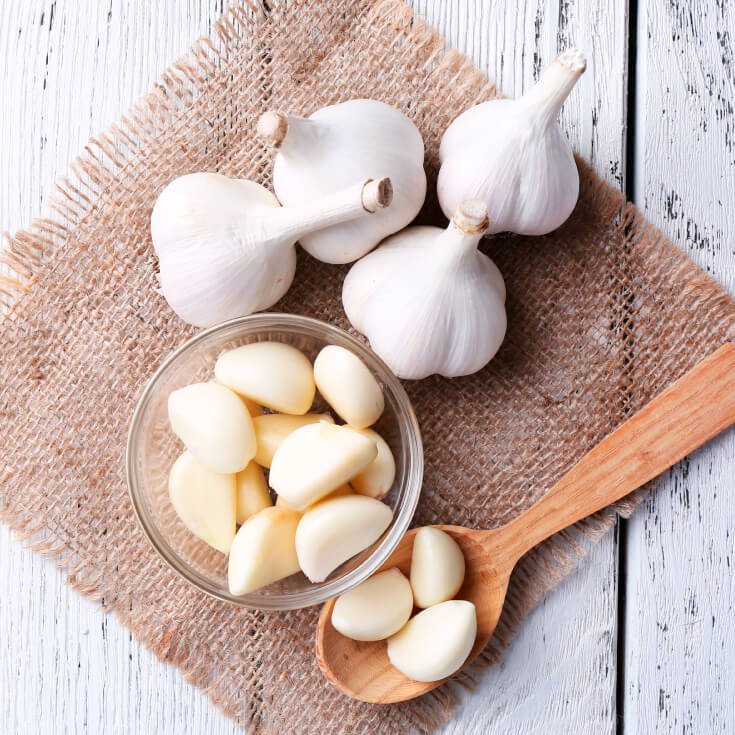
6- Fresh, Clean Space at Home
When it comes to indoor pollutants, always ensure that your home is free from dampness to prevent mould accumulating. Simple things such as always drying your laundry outside and ventilating while cooking (if your stove has a hood, use it!) will help, while the use of humidifiers should be reduced. In addition, it is wise to minimise the use of air fresheners as they are often toxic, and to use a carbon monoxide detector.
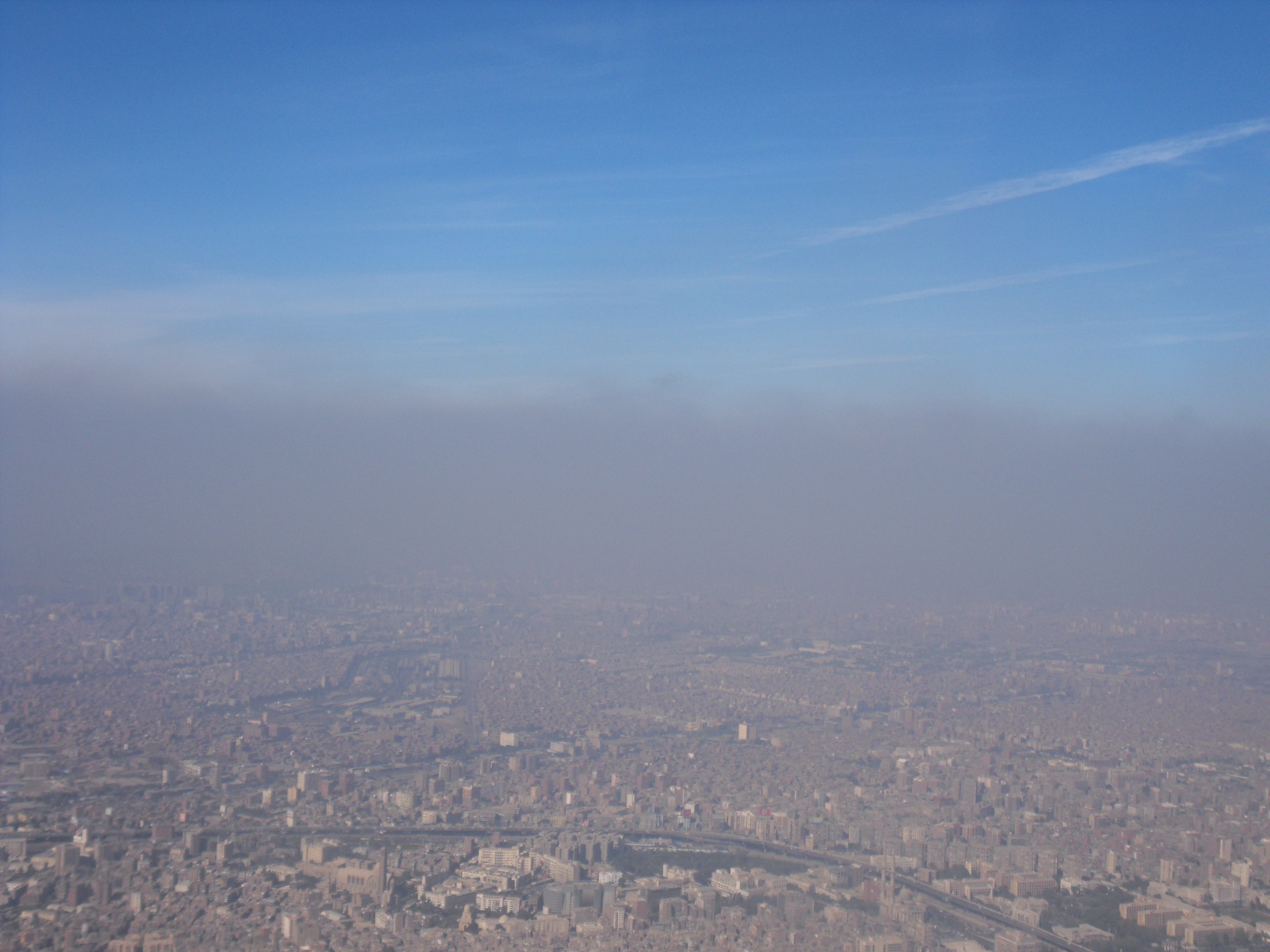
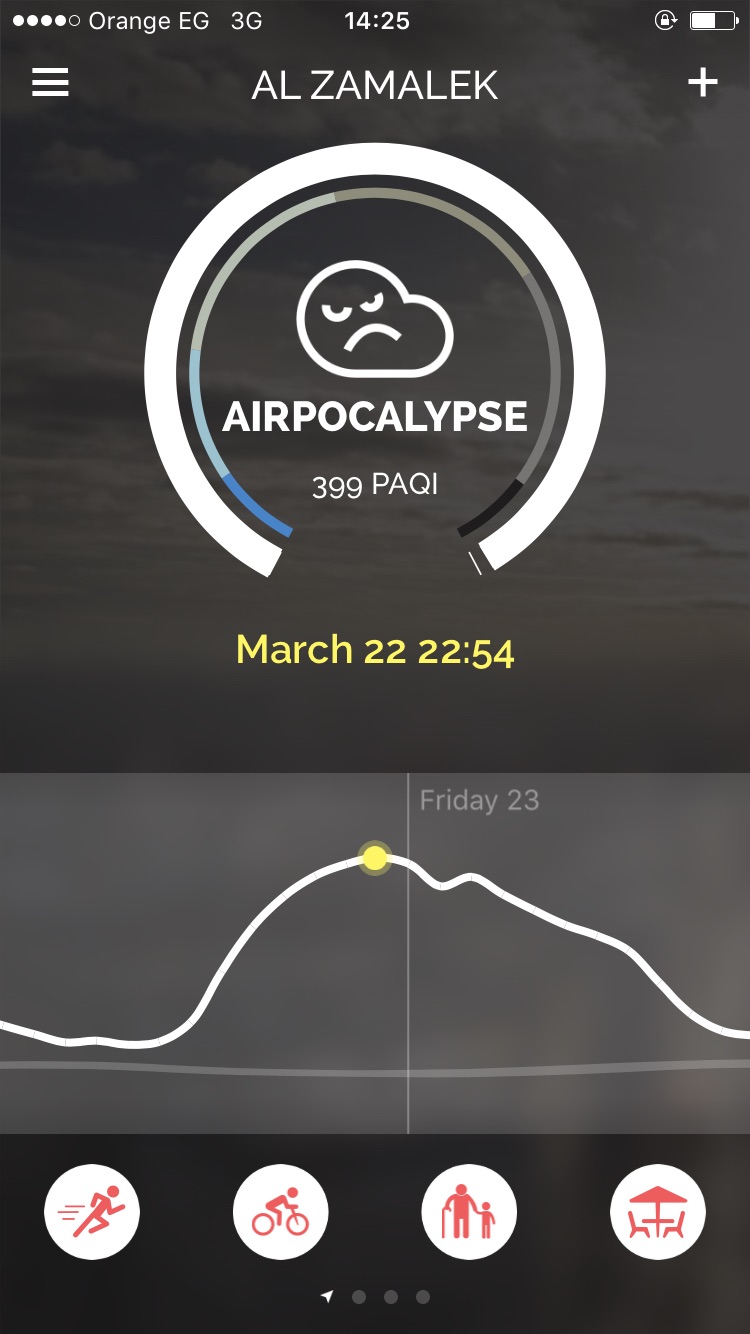
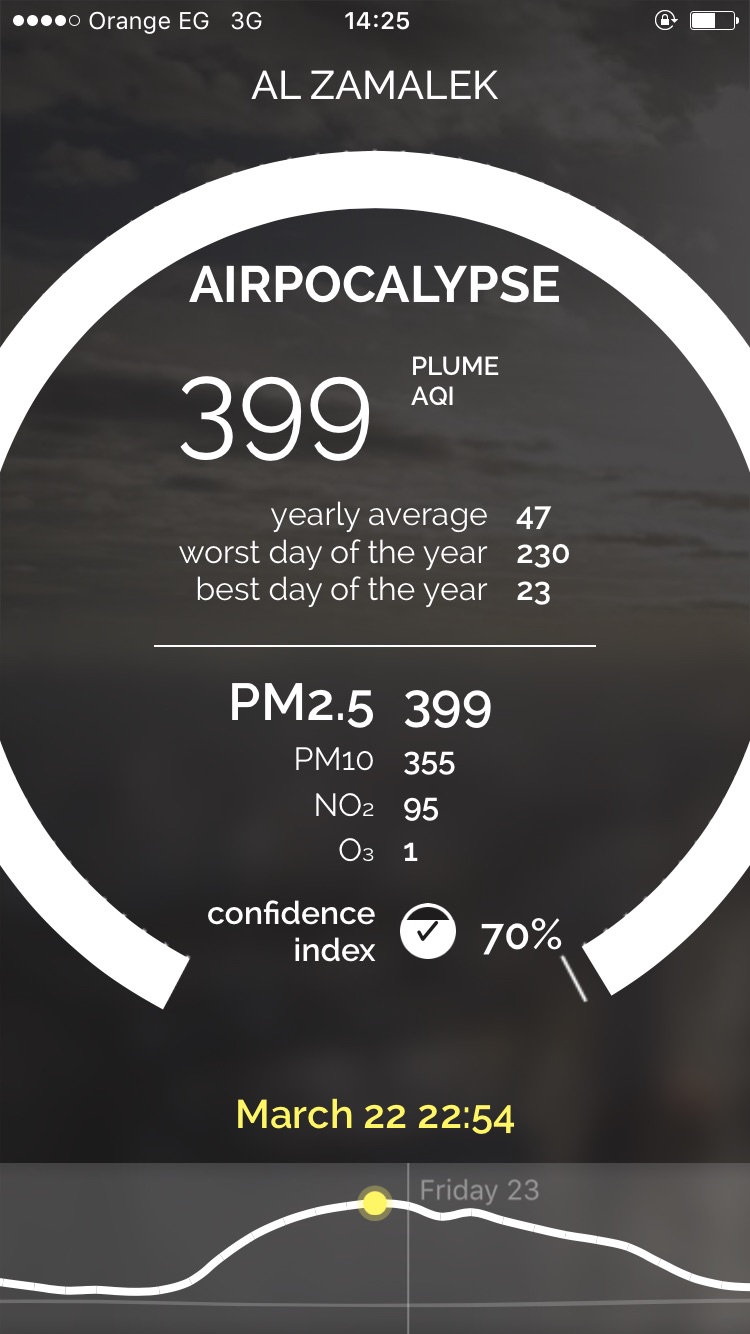





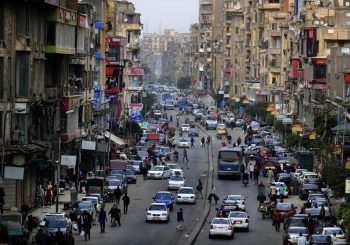
Comments (9)
[…] are our top tips on how to tackle air pollution in […]
[…] March, Egyptian Streets came up with a list of best tips for tackling air […]